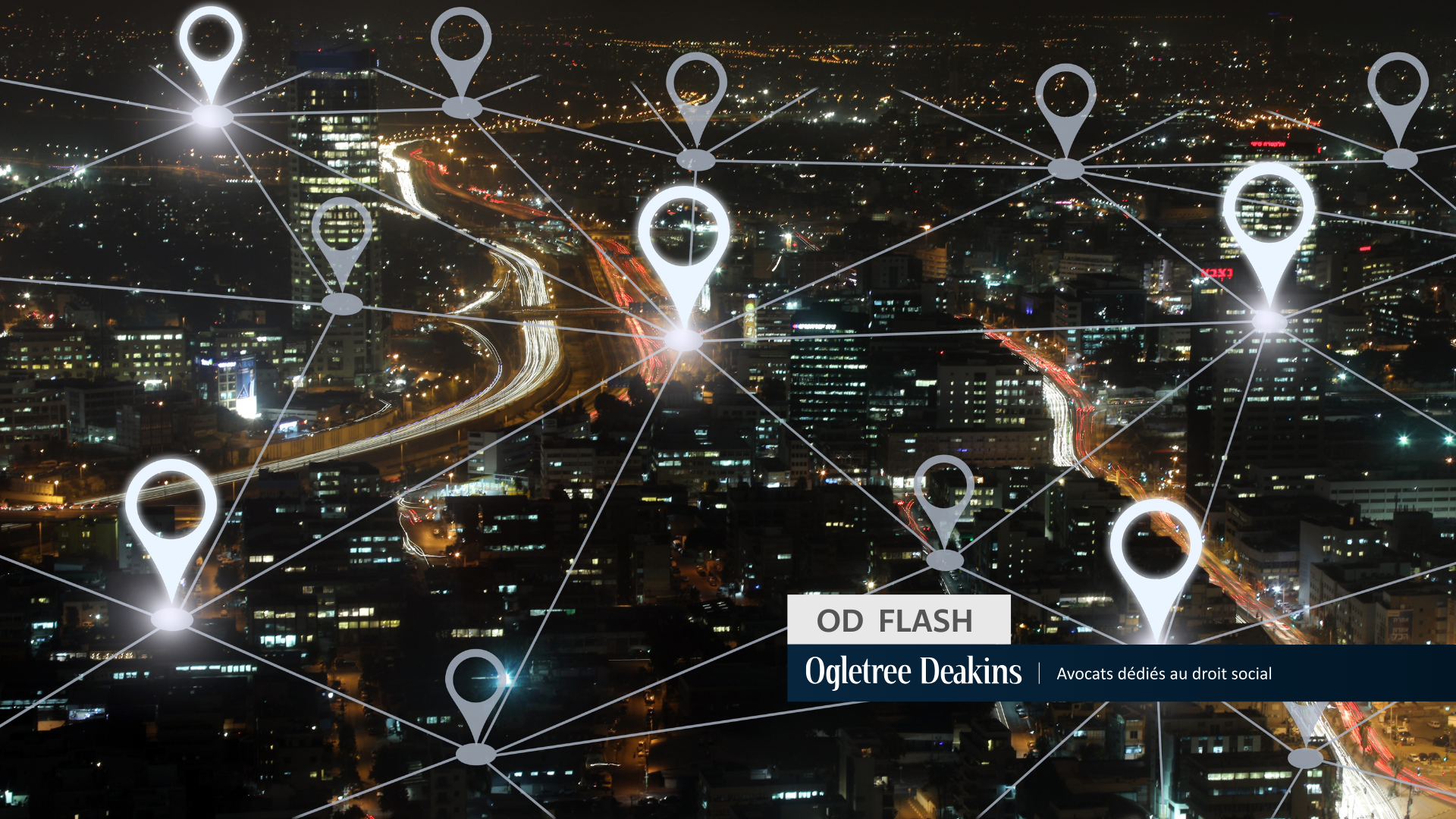This is the principle reiterated by the Court of Cassation under Article L. 1121-1 of the Labor Code, which states that ‘no one may impose restrictions on the rights of individuals and on individual and collective freedoms that are not justified by the nature of the task to be accomplished nor proportionate to the intended purpose.
The social chamber of the Court of Cassation has thus confirmed the position it had already adopted in several of its decisions (Cass. soc., March 20, 2024, No. 22-17.747; Cass. Soc., September 6, 2023, No. 22-12.418; Cass. soc., December 19, 2018, No. 17-14.631; Cass. soc., November 3, 2011, No. 10-18.036).
It follows that an employer is entitled to use a geolocation system solely to monitor the working hours of employees who do not have the freedom to organize their work, provided that this system is the only possible alternative. In practice, the condition regarding the necessity of the geolocation system as the sole alternative is extremely complicated to meet, if not impossible. Indeed, as the Court of Cassation indicates once again in the present decision, a self-reporting system for hours worked can always be implemented by the employer and constitutes an alternative means, regardless of whether it is less effective.
Considering the impact that such a control system may have on employees’ privacy, several rules reiterated by the CNIL must be observed before implementing this type of system. In particular, the affected employees must be informed of the collection of their personal data (Art. 13 RGPD; C. trav., Art. L. 1222-4). Furthermore, the employer is required to inform and consult the Social and Economic Committee on any project to establish a geolocation system (C. trav., Art. L. 2312-8).
In this case, a company in the newspaper distribution sector used a geolocation system established by a collective company agreement to record and monitor the working hours of its distributors. One of the distributors acknowledged the termination of his employment contract due to the employer’s fault. In support of his claim, he argued that the geolocation system in place was illegal and constituted an unjustified and disproportionate intrusion into his private life.
To dismiss the employee’s claim, the Angers Court of Appeal relied on two elements:
- The absence of freedom in organizing the employee’s schedule. The Court of Appeal noted a contradiction for the employee in claiming payment of almost €50,000 for overtime he claimed to have worked while also asserting the right to freely organize his work.
- Geolocation as the only possible alternative. The Court of Appeal considered that the system implemented by the company was the only means possible to control the working hours of employees without fixed schedules who conduct a significant part of their activities outside the company.
Based on their findings, the appellate judges decided that the geolocation system did not infringe upon employees’ privacy, as they were assumed to be engaged in work during the geolocation.
The Court of Cassation rejected the reasoning put forth by the lower court judges and partially overturned the contested ruling due to a lack of legal basis. The appellate judges should have characterized the absence of freedom the employee had in organizing his work and further justified that the geolocation system implemented by the employer was the only means to ensure the monitoring of the working hours of employees.”



